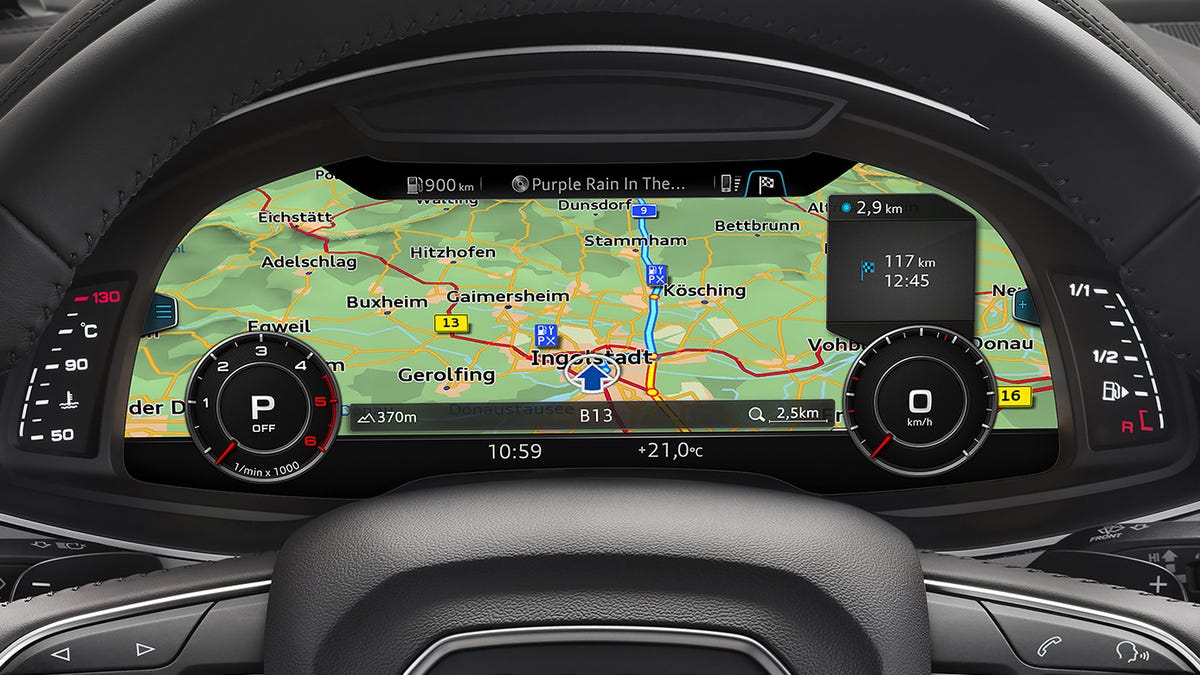Automakers band together with phone tech companies, form 5G Automotive Association
The goal is to standardize and accelerate development of in-car 5G connectivity.

As cars grow to include more connectivity options, networks will need to expand in the same way. 5G wireless communications, the next step after 4G LTE, is already in the works, and automakers want to capitalize on that latest development. So much so, in fact, that they're teaming up to promote it.
Audi, BMW and Daimler have partnered up with a number of companies that build telecommunications infrastructure -- Ericsson, Huawei, Intel, Nokia and Qualcomm -- to create the 5G Automotive Association. The group aims to develop and implement in-car 5G connectivity to prepare for the next generation of connected cars, which will use more data in more ways than ever before.
The association wants to support a single standard, which will be used to implement everything from infotainment features to automated driving and integration into smart city infrastructure. The group will also work together on development projects to help speed up 5G's rollout.
"The connected car enables us to offer our customers services, both inside and outside the vehicle, which make their daily routine tasks easier, increase comfort and safety and thus create considerable added value," said Sajjad Khan, Daimler's director of digital vehicles and mobility, in a statement. "The fundamental basis for this is a reliable and fast connectivity technology whose standards have global validity."
This group will also work to solve regulatory issues, which is one area where teaming up is most valuable. After all, the party with the largest lobbying budget tends to shape the regulatory structure. With three massive automakers and several large phone tech companies behind this push for the next generation of mobile networking, there's a good chance that we'll see some proper progress on this front in the near future.

